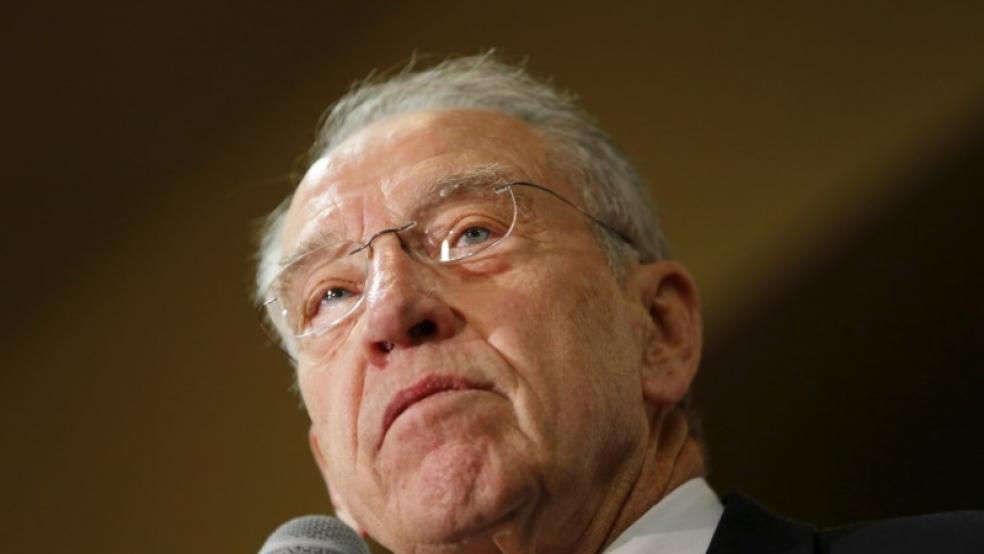DETROIT (Reuters) - Republican presidential candidate Marco Rubio said on Thursday his plan to overhaul the U.S. tax code would help revitalize struggling manufacturing centers like Detroit, allowing companies to raise wages and workers to keep more of their paychecks.
Speaking to the Detroit Economic Club, the senator from Florida said Detroit, which filed the largest U.S. municipal bankruptcy in history in 2013, understands a comeback better than most cities."This city, truly the heart of the old economy, is the perfect place to discuss how we can embrace a new American economy," Rubio said.More than any other Republican candidate, Rubio has made the changing modern economy the centerpiece of his presidential campaign, warning the United States should be prepared for a future marked by rapid technological change, the rise of the "sharing economy" and the erosion of traditional working-class jobs due to foreign competition and automation.That stance separates Rubio from the rest of the 17-strong field seeking the Republican presidential nomination, but also comes with risks in states like Michigan, where blue-collar workers and, increasingly, clerical employees feel threatened by the pace of change.On Thursday, Rubio criticized government leaders in Washington for being resistant to innovation and praised Michigan's Republican Governor Rick Snyder for cutting corporate taxes and creating an entrepreneurial environment."As many of the business leaders in this room can attest, one of the biggest obstacles between Detroit and its future continues to be Washington, D.C.," he said.Rubio touted his plan to cut the corporate tax rate to make it competitive with the average of 25 percent for developed countries, allowing businesses to raise wages and invest in new equipment. He said he also wants to allow full expensing of investments companies make, lowering their tax burden.Rubio also reiterated his proposal to raise the per-child tax credit to as much as $2,500 from the current $1,000. Instead of an earned income tax credit received at the end of the year, under his plan individuals would get a wage enhancement credit to boost their paychecks.Rubio said Democratic front-runner Hillary Clinton wants to rely on more regulations, higher taxes and bigger government.Some critics have said Rubio's outlook for the economy is too optimistic, and globalization and automation will continue to hurt the U.S. middle class. However, Rubio has insisted the U.S. economy can innovate its way out of any job-loss crisis. (Reporting by Ben Klayman in Detroit; Editing by John Whitesides and Jonathan Oatis)Rubio: overhaul of US tax code would benefit cities like Detroit

© Aaron Bernstein / Reuters



